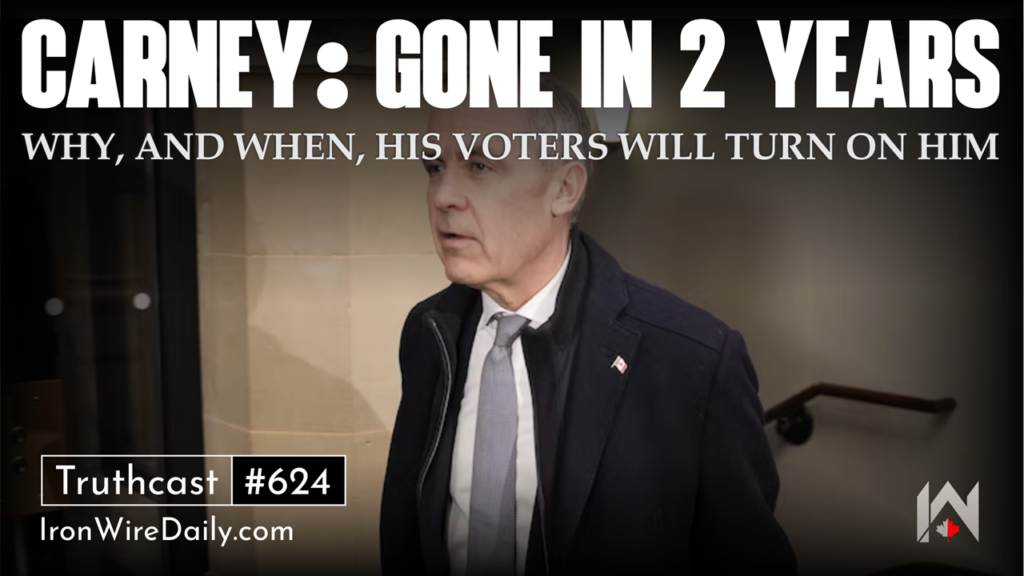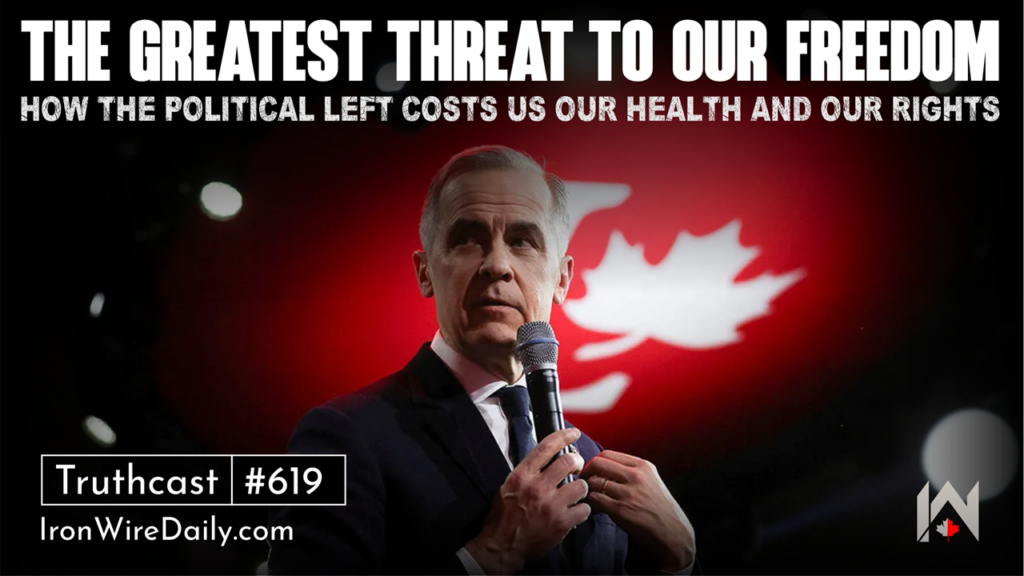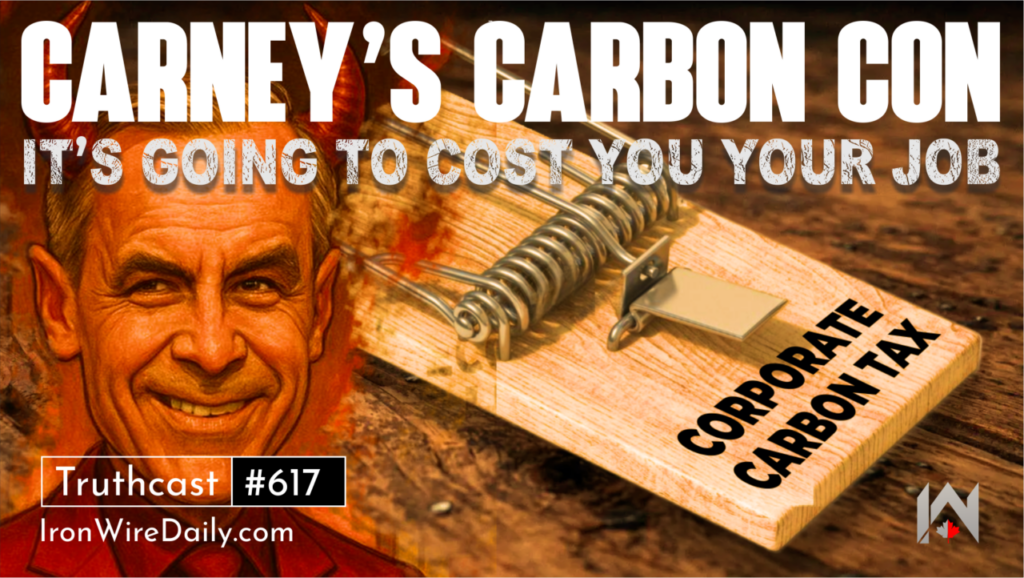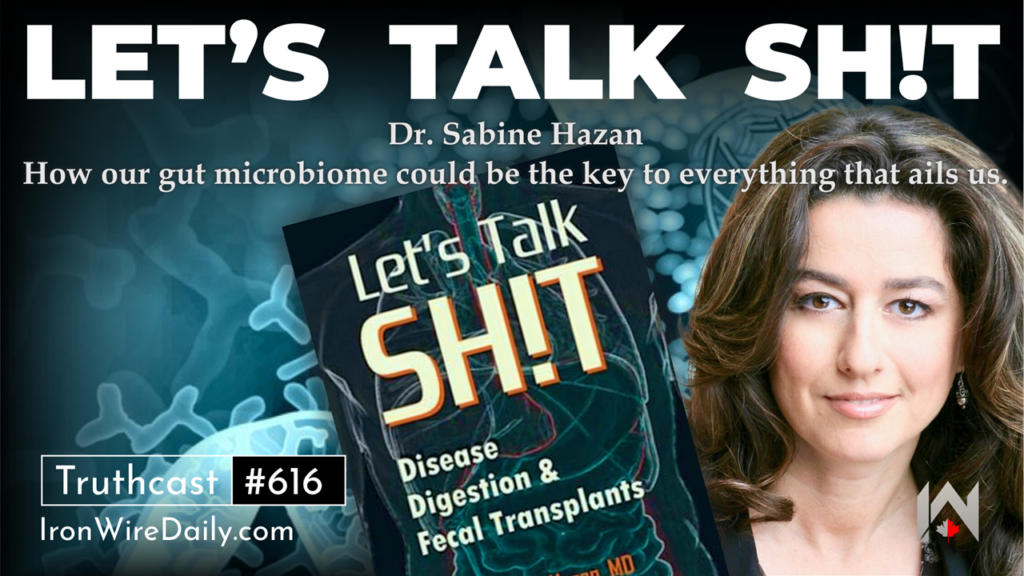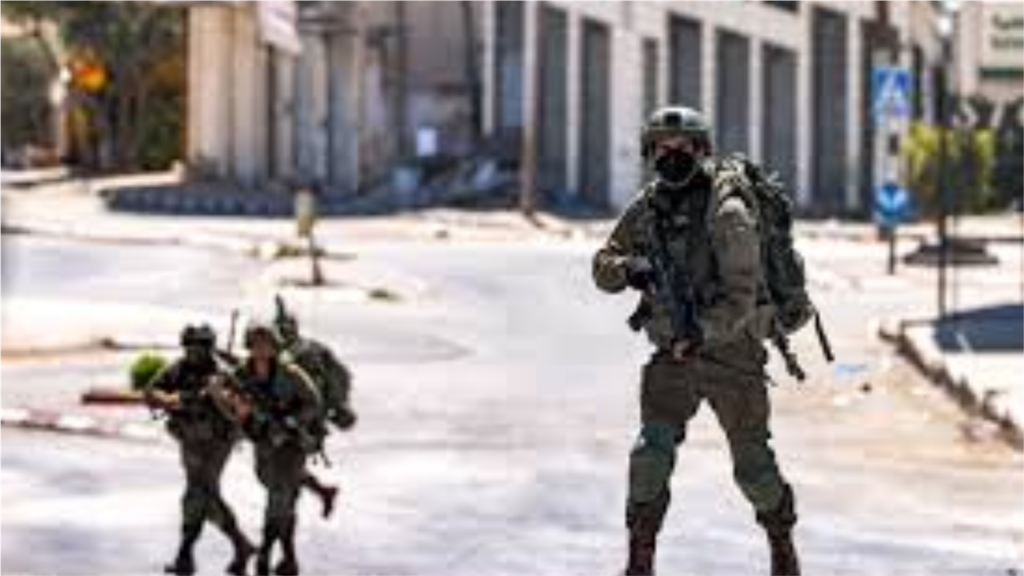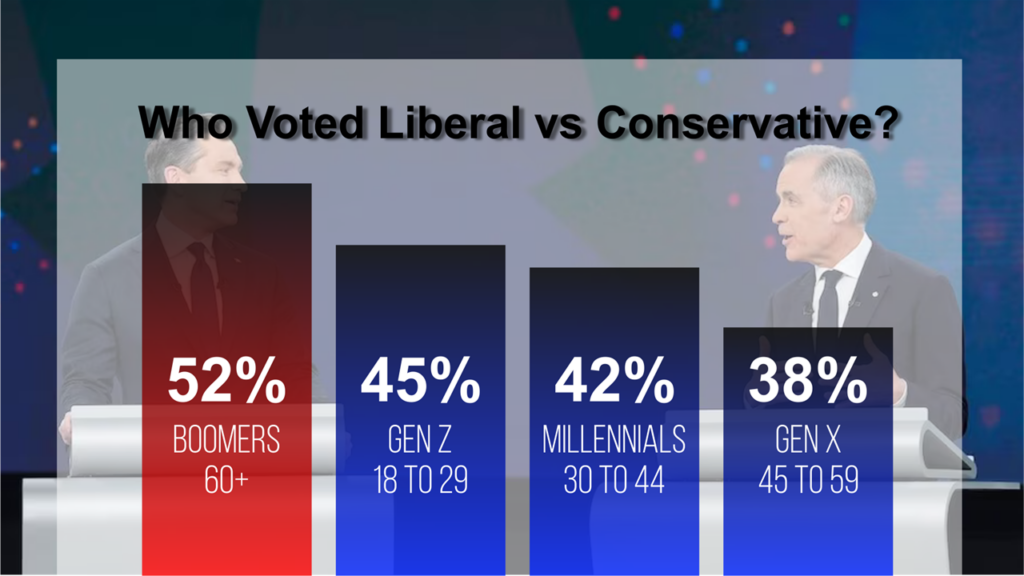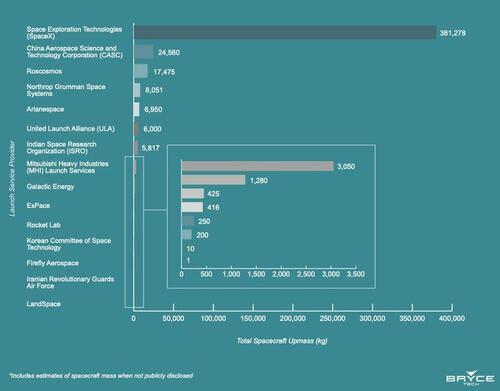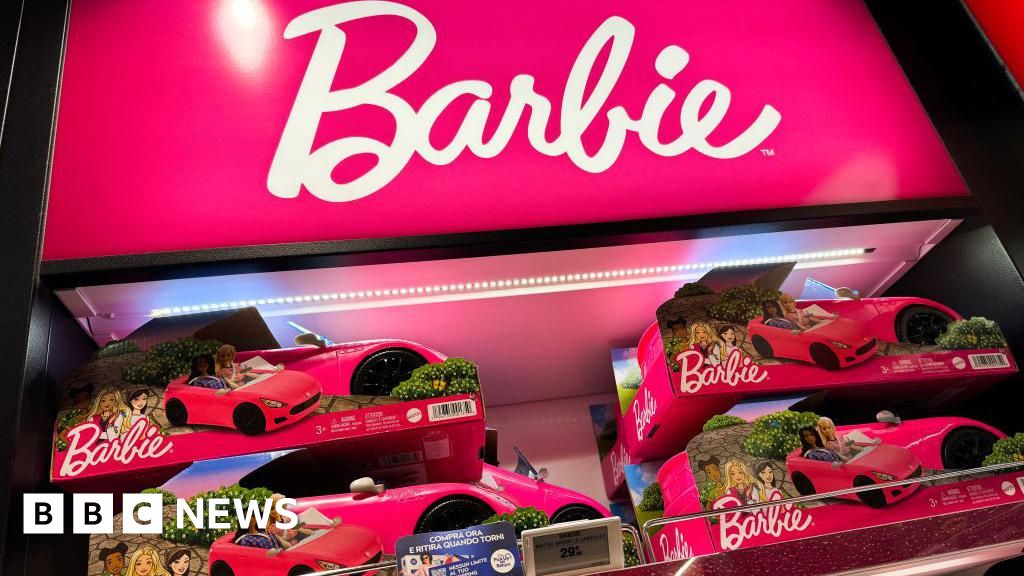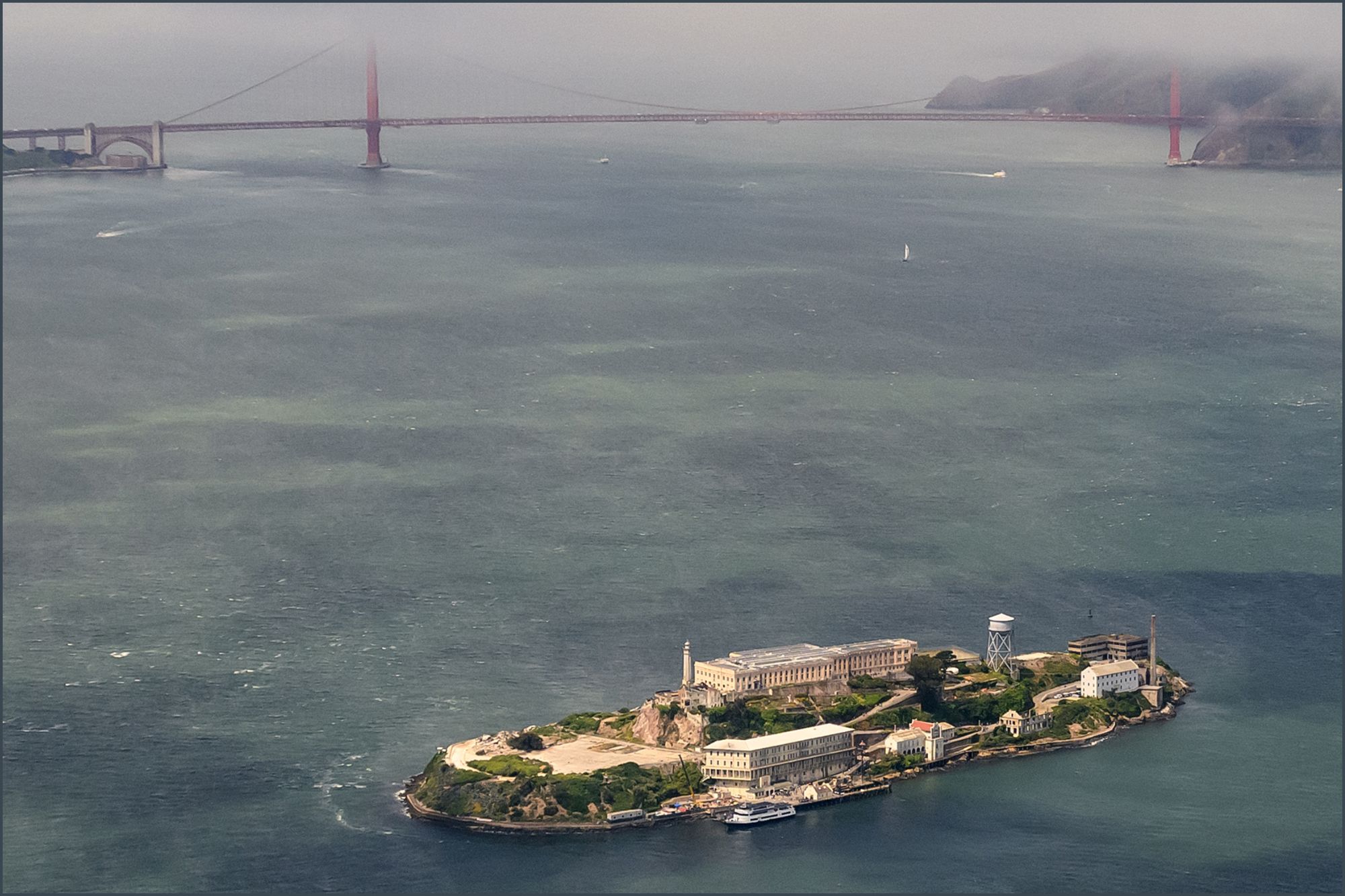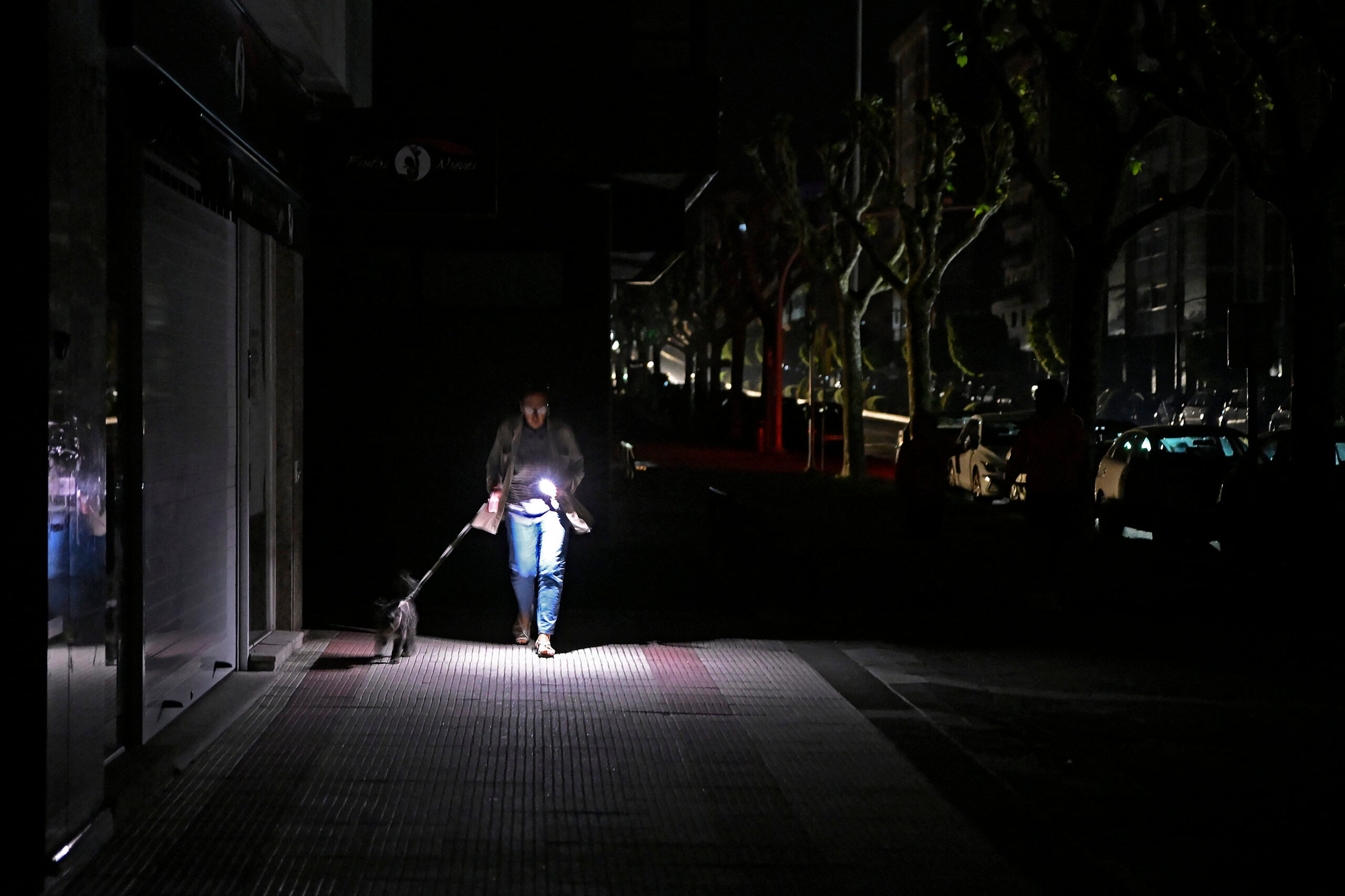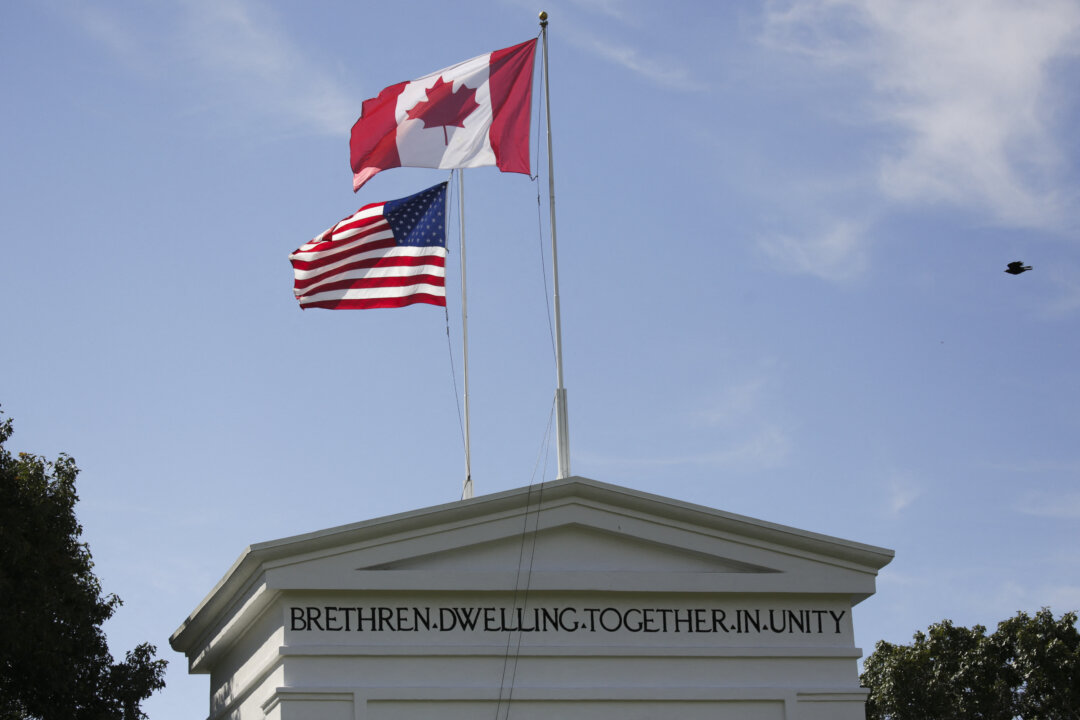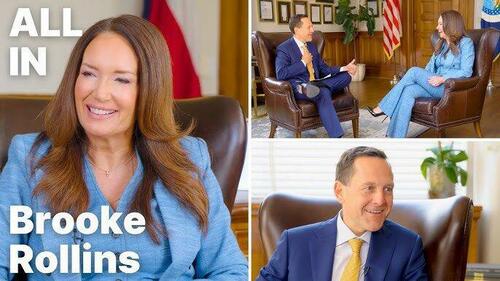The Truth is No Defense: Censorship in Canada |
Ezra Levant
Rebel News has become an icon of conservative independent journalism in Canada, but it has not come without cost.
Rebel News and its founder, Ezra Levant, have been ceaselessly attacked by our governments and by various leftist organizations. Ezra estimates that to date Rebel may have spent as much as $2 million defending themselves and their reporters, in many cases successfully.
I am joined today by Ezra from the Rebel News studio in Toronto to provide details on the censorship battles, many of which are still ongoing, and to provide his thoughts on independent journalism in a country, where, as Ezra states during the interview “the truth is not a defense”.
He also provides his advice to young independent journalists on how to succeed in joining the fight to bring Canadians the truth, and on how mainstream media has become nothing more than a propaganda machine for the government.
(0:00 - 1:43) Rebel News has become an icon of conservative independent journalism in Canada, but it has not come without cost. Rebel News and its founder, Ezra Levant, have been ceaselessly attacked by our government and by various leftist organizations. Ezra estimates that to date Rebel may have spent as much as $2 million defending themselves and their reporters, in many cases, successfully. I'm joined today by Ezra from the Rebel News studio in Toronto to provide details on the censorship battles, many of which are still ongoing, and to provide his thoughts on independent journalism in a country where, as Ezra states during the interview, the truth is not a defense. He also provides his advice to young independent journalists on how to succeed in joining the fight to bring Canadians the truth and on how mainstream media has become nothing more than a propaganda machine for the government. Ezra, welcome to the show. Thanks very much. I invited you here today because I don't think there could be any doubt that Rebel News and before that Western Standard, both organizations that you have run have suffered more censorship and cancellation in terms of your representation of the truth to Canadians than any other media outlet in Canada. We could start back in 1994 when you wrote an article against the University of Alberta and their hiring policies, but I think probably we should start at 2006 when you were running the Western Standard and you published a cartoon that had a heck of a lot of lashback. (1:43 - 3:07) Let's start with that one. Sure. In the previous fall, 2005, there was a Danish newspaper called the Jyllands-Posten that published 12 cartoons of the Muslim prophet Mohammed. They're just random. There was no theme to them other than Mohammed. One of them looked like something out of a child's illustrated Bible. One looked like an Olympic logo. One was a boy named Mohammed. One was a cartoonist drawing Mohammed. One of them was a commentary on the women in Islam. They had a woman in a burqa with just her eyes visible and a man with his eyes blacked out. It was sort of an interesting commentary on jihad and the hijab. One of them had someone with a bomb as a turban. Those were the 12. Nothing more spicy than you'd see in any given political cartoon in the Toronto Star or the Globe and Mail. At that time, Iran assassinated the Prime Minister of Lebanon. They needed some sort of political distraction. There were all these riots in Syria and Iran, even though they don't have political freedom there and the cartoon was not shown there, it became a bit of a political and diplomatic stick to hit the West. (3:08 - 5:24) Something bizarre happened for the first time in my life is newspapers became afraid to publish something. Although it was relatively unremarkable and sort of boring, suddenly throughout the Muslim world were riots, I say again, by people who never saw the cartoons. It was not published anywhere in Iran or Syria or Nigeria, where riots killed about 200 people. So suddenly, rather boring Danish cartoons, obscure, not particularly well-drawn, were not only causing riots around the world, but even more newsworthy than that, the New York Times, the CBC, the Wall Street Journal, the tabloids, no one in North America would publish it. So I was a publisher of the Western standard. And I said, well, let's do a story on this. Let's show a few of the cartoons. So let's do sort of a media critique. Well, we were a fortnightly magazine. And I thought for sure, we'll be beaten to the punch by the Toronto Sun or by McLean's, which back then were really scrapping. No, we were really the only newspaper. And there was a little University of PEI student newspaper that published it and quickly regretted it. And I think all of those newspapers were thrown out. And there was a little Jewish newspaper in Calgary that published it and then apologized. So we were basically the only people in Canada. And Canadians loved it. Our magazine sold out immediately. We had hundreds of people subscribe, including many Muslims, who said, I didn't cross an ocean to come to Canada to have Sharia law follow me. It was a very powerful thing to hear. And I thought it would be over then. But actually, the threat was not from a jihadist, it was from the government of Alberta, which prosecuted me through something called the Alberta Human Rights Commission. And for 900 days, I was prosecuted for the following offense. I still remember the wording of the offense, even though it's been well over a decade. I published something, quote, likely to expose a person to hatred or contempt. (5:25 - 9:35) So if you just look at those words, likely to, that's future tense. You haven't done anything, but you might in the future. You might what? Punch someone in the nose? You might shoot someone? No, no. You might convince that person there to have hard feelings about that person there, likely to expose a person to hatred or contempt. There's no defense against that, by the way. Truth is not a defense. Fair comment is not a defense. Religious belief is not a defense. There's really no defense to it, because either you published it or you didn't. And then from there, it was subjective. Could that maybe in the future cause person A to have hard feelings about person B? So I was doomed, and I knew it, but I had a trick up my sleeve. I brought a video camera into my interrogation, filmed the whole thing, went home, uploaded it to YouTube. And this was in 2008, when YouTube was very young. There wasn't even social media yet. There was no Twitter or Facebook or LinkedIn or Instagram or any of that. There was YouTube, and there were blogs. So I uploaded, I think, six little clips of my interrogation to YouTube. I'd never filmed anything before in my life. I'd never uploaded anything to YouTube before in my life. And they went ultra viral. They went crazy. The following week, my interrogator, Shirlene McGovern, quit the file. And there were so many phone calls and letters to the Human Rights Commission, they eventually just dropped the case and walked away. And it was a case of censorship, but it was also a taste of how to fight back, which is drag these bullies into the public square. They were used to punishing people in the dark, in a closed room where no one else would see. And I knew I had to bring a camera in because I knew no one would believe me if I said that a journalist, an author, a reporter would be interrogated over what he published in a magazine. And I also thought long and hard before I went to the interrogation. I thought, what are they probably going to ask me? Let me see if I can think of some answers in advance. And I knew that one of their questions would be, why did you do it? Well, obviously. Now, I had been asked that question a hundred times by the CBC, by every reporter, by people on the street, why did you do that? And I always tried to give a very persuasive answer, a very moderate answer. I said, look, those cartoons are the central element of the story of the day. If I was in radio, I would describe those cartoons, but I have a print magazine, I can show them. And when I'm showing the cartoons to our viewer, it's like a prosecutor putting evidence to a jury. Here is Exhibit A, it's up to you to think about them. So, I wasn't necessarily endorsing the cartoons, I was just showing the news. That's what a news magazine does. And that's the answer I probably gave a hundred times. But I knew my answer had to be different when the government asked me the question, because if someone on the street, or if a journalist said, why do you publish those cartoons? Okay, they want to know, they're curious. It's an opportunity for me to persuade an audience. It's good public debate. But when a cop asks you a question in an interrogation, it's not for banter, for education, for an exchange of ideas, it's because something turns on it. Because if you answer wrong, you'll be in trouble. And so, when you're asked under duress, when you're asked a question where you could be punished for giving the wrong answer, you could sort of go two ways. One is, please, master, I apologize for having offended the law. I beg your mercy. I am so sorry. And that's what those two other little newspapers did in Canada, the University of Prince Edward Island student paper, and a little Jewish paper in Canada. Oh, mercy, mercy, so sorry. (9:35 - 10:10) I took the opposite approach. I said, I publish them because it's my right to do so. I don't have to explain myself. I don't have to try and be reasonable. I would if you talk to me on the street, because I'd like to be a reasonable person. But you have hauled me in here with the authority of the state. If I give the wrong answer, if I don't please you, I'll be harmed. I have to assert my maximum rights, not just beg to be allowed to continue, master, so sorry. So, I said, no, I publish the cartoons, I said, because it's my bloody right to do so. (10:11 - 12:17) And here we are, I don't know, almost 20 years later, and I publish things every day because it's my bloody right to do so. And I've been hit with 100 actions in human rights commissions, in lawsuits, in government actions, but you know what? Like the Everetti Energizer Bunny, I just still keep on hopping on. And that's excellent. So, you established Rebel News in 2015, the same year that Trudeau was elected. And as you said, 100 actions have been pointed at you to try to silence you. What would you say have been the most egregious examples of censorship and cancellation that Rebel News has suffered? Well, there were two of them that we fought in federal courts. In 2019, and then again in 2021, there were federal elections. And Justin Trudeau nationalized the leaders' debates. Until then, for 150 years or whatever, they had been done by newspapers, magazines, TV stations, radio stations, universities, whatever, the debates were free. But Justin Trudeau nationalized them and turned them into a government agency so he could control them. And one of his first things to do was to ban journalists from attending these debates that he didn't like. He banned Rebel News and another news outlet called True North in 2019. So, we all rushed to court, and we said, this is unconstitutional. He's picking his friends and enemies. There's no standard here. He's violating our freedom of speech. And it was a miracle the federal court sided with us. So, we immediately went to cover the debates. It was a huge home run. Well, two years went by, and instead of learning their lesson, what they tried to do is they tried to reverse engineer the court ruling. So, the court ruling said one of the reasons what they did was illegal because they didn't set out the rules clearly in advance. So, they had huge rules the next time. One of the reasons what they did was unconstitutional was they didn't give us proper reasons we rejected. So, they gave us 11 pages of reasons we were rejected. (12:17 - 12:31) They tried to sort of watch what they did wrong according to the court in 2019 and do it right in 2021. So, they banned us again. We went back to court, and we won again. (12:31 - 16:23) So, two elections in a row, the federal court said that Justin Trudeau had violated our constitutional rights to freedom of the press. And two times in a row, a federal judge ordered Trudeau to credential us. And I feel like that was a major victory, an affirmation of freedom of the press. And frankly, it was a shame upon the other media who were fine with Trudeau censoring that way. I believe that the greatest problem in Canada right now is not the Liberal Party. It's not even Justin Trudeau. It's the media which has transformed itself in the last 10 years from being independent-spirited and skeptical and a counterweight to government to being an amplifier and an ally of government. And I see this across the West. In the United Kingdom, Tommy Robinson, the journalist and civil liberties activist, had his phone seized by police under a terrorism law. He was just put in prison for 18 months for publishing a film because a court said, no, that's not accurate. Well, he sort of proves that it was. But whatever your opinion, do we put journalists in prison because they're not accurate according to a judge? And again, is the problem the judge? Yeah. But is it also the entire British press corps that, if anything, cheered for Tommy Robinson's sentencing? So I think the real problem in Canada is the media party, as I call it. And what I would add to that is the media party doesn't get how hated they are. They don't realize how distrusted they are. They don't realize that when Justin Trudeau, I think, will get clobbered in the next election, the journalists would get clobbered, too, if they were on the ballot, because people see the journalists as so much in league with Trudeau. And journalists are too stupid to know that they are hated. And if they realize they're hated, they say, no, no, no, it's your fault. You don't realize how good I am. You don't realize how good Trudeau is. I mean, it's sort of the argument that the CBC says. You know, basically, we are better than everyone else. No one else thinks that way. No one watches the CBC anymore, but we're morally superior. They've never been cut down to size, and they ought to be, because otherwise, how are they going to be shaken awake? Anyhow, I think the media are probably the number one problem in the West right now. All right. Now, before we get to the second example, because you just talked about being cut out of these debates and going to court twice and winning, but you made a very important comment there about the media not realizing how hated they are. Why do you think that is, Ezra? Is it because they're operating in their woke vacuum, or are they being willfully blind? I think a lot of journalists, let me think of my old friend, Andrew Coyne, who has been on the same CBC pundits panel for more than a decade. And it's always the same dreary crew, him, Shantali Bair from Montreal, and Althea Raj from Ottawa. And I forget the name of the CBC reporter from Ottawa. It's the same people rebreathing each other's air for 10 years. They've never had a fresh idea. It's like a stagnant pond. And everyone in their circle agrees. It's like that reporter for the Chicago Tribune who said, how could Richard Nixon win? No one I know voted for him. She was speaking the truth. She literally didn't know anyone who voted for him. She couldn't believe it because her entire world was in a silo, a cocoon. She had never ventured out to see how the other half lives. (16:24 - 17:35) And you saw that with the trucker convoy. All these regime journalists, they stayed in their office towers. They didn't go down to the street to talk to the truckers. Oh, they're dangerous. I need a security guard. They're going to hurt me. No, no, no. I mean, maybe you thought that. But it was actually... I got to interrupt. Do you think they actually believed that? Because I certainly remember that of them claiming that they needed security to protect them. And it just, it seemed crazy to me. Well, it shows what their own mindset was. They were projecting onto these peaceful protesters their worst nightmares. And it was all in their head. And there were some reporters who came down and mingled on the streets and they were disabused. They were disillusioned with the illusion that these were all violent insurrectionists. And I think some of it is snobbery. And some of it was just a class divide. Oh, those are working-class, grubby, plaid shirt-wearing truckers. And I have the Order of Canada. And I'm going to see a fancy play at the National Arts Center tonight. I mean, it's a classist thing. It's a snobbery thing. It's a condescension thing. (17:35 - 22:19) But citizen journalists filled the gap. Rebel News sure did. We had a bunch of amateur citizen journalists just walking around live streaming direct from their phones. And in that month of February 2022, we had 400 million views and impressions, 400 million. And for contrast, the CBC claims that on any given month, they have 360 million. I'm sure their numbers were up that month also. But my point is, if the CBC and CTV and the Globe and Mail and the rest of the regime media weren't giving people access to the real truth, people will find a way. And in the era of smartphones and Twitter, anyone can be a journalist. And that offends the regime media, too. If you have a camera, surprise, you're a journalist. And it couldn't be easier because Twitter is free and your phone has a camera and you can do a video or you could write a blog. And suddenly, the whole thing has been democratized and the barriers to entry are brought down to zero. I used to work at Sun News Network and the huge TV cameras were over $100,000 each, the big ones you put over your shoulder. I tell you, a modern cell phone, the iPhone 15, is a better camera than those $100,000 pieces over your shoulder. And this little studio I'm in, you know, anyone can build a studio. I see you've built one. I'm guessing you spent less than a thousand bucks on it. And you know what? People aren't coming to your podcast for a million-dollar studio. I mean, it's cool, but they're coming for your substance and your content. And so, I love the fact that the most influential people are citizen journalists. Look at the US election right now. You got Donald Trump sitting down for three hours with Joe Rogan. You got Theo Vaughn, sort of a kamikaze comedian interviewing J.D. Vance, and I think he interviewed Trump also. You've got ordinary schlubs who are funny or smart or interesting or just great conversationalists and I love to see it. And I love to see the barrier sanctuary taken down to zero and I love to see all those fancy pants in the regime look down from the top of the castle and all the peasants below and shake their fists. Oh, you know what? I think the genie's out of the bottle. That's why they're trying to censor the internet. That's why they're calling certain things fake news because they want to ban peasant journalists instead of debate them. They just want to say, well, you're fake news, so we have to censor you. No, no. I think we learned through COVID that much of the fake news comes from government and government journalists. Right. And I agree with you completely. Now, I did interrupt you there. You were going to give me a second example of censorship that you've suffered at Rebel News. Well, here's a short example. It's not that big, but I think there's some symbolism to it. On Twitter, or X as it's now called, every politician can have their own personal account, which is fine, but there's a lot of official government accounts, like a minister of justice. Their Twitter feed is not actually run by that person. There's a whole staff. We've learned that some of these Twitter accounts have over 20 staff in support of what's tweeted. They plan them. They have schedules. They translate them. So, these are civil servants operating these Twitter accounts. And you can sort of tell which ones are official because on Twitter, they have a green checkmark next to them. What's my point? Some of these cabinet ministers were blocking and banning Rebel News reporters from simply following them. And the Rebel News reporters were not being vile or crude or offensive or hostile. And by the way, even if they were, that's your right in a free society. So, these cabinet ministers were banning Rebel News reporters from having access to their official government Twitter feeds. It would be like saying, you're not allowed in our office. You're not allowed to apply for this government program because we don't like you. So, we took these politicians to federal court. Steven Guilbeault, the environment minister. Ya'ara Saks, I forget, she's a junior health minister. Karina Gould, house leader. Marci Ien. We took, I think, five of them to court. They fought us for two years, and then they capitulated. And we won a victory. The federal court issued a consent order. These politicians are not allowed to ban us for the rest of their political career. And this is a precedent that I think every Canadian citizen can use. (22:20 - 24:56) You can demand that your government unblock you on Twitter. And you might say, that's such an obscure, petty, tiny thing. Why is that even important? Well, because it comes down to your conception of who owns the government. Does the government has the right to pick fights with people on the street because it has a political difference? Or do we, in fact, own their government accounts? And I felt like it was pushed, even if we push them back a centimeter, for that day alone, freedom moved and they moved backwards. So, that's a small case. Let me throw one more at you. David Lametti, the disgraced former justice minister who invoked the Emergencies Act and later was found to be illegal. He quit parliament in disgrace, head back to a law firm. On his way out the door, he hit the delete button on his government Twitter account. Again, you might be saying, who cares? Well, that's a public record. That's not his to delete. All those messages, all his private messages, that belongs to the Government of Canada. You can't just shred all your documents on your way out the door, especially since you might be shredding private documents that are of relevance. Anyhow, we went to the federal court on an emergency basis and we stopped him from destroying his documents. These are tiny victories, but even the smallest victory is a march in the right direction and stops the bad guys from coming in our direction. So, Rebel News, we do a lot of journalism, but we do a lot of activism also. Now, you've got 1.5 million followers on YouTube. Obviously, Rebel News is the biggest independent media outlet in Canada. You've been very successful at what you've done of telling people the truth. So, do you think they're coming after you because Rebel is so big or just because of what you say? You yourself have said, I'm not to everybody's taste. Is it because of your popularity or is it because you just refuse to back down from the truth? Well, I mean, we believe we're following the truth, but I also know that we don't have a monopoly on the truth. And every once in a while, we do get things wrong and we like to correct them. And so, sometimes people say, change your name, call yourself truth media, don't call yourself rebel media. But I think that would be presumptuous. I think that you have to listen to all voices. Our motto is telling the other side of the story. So, by nature, we're contrarian. (24:56 - 27:27) We like to smoke out the truth for sure. And sometimes that gets us in trouble with the government. For example, during COVID, we were skeptical of the vaccines. I'm not anti-vaccine by nature, although I've become more so. But when they said it was safe and effective, well, was it really either of those things if it wasn't tested? And how do you call it a vaccine if it didn't stop transmission? Now, these are controversial areas, but that's the point. It's a controversy. So, talk it out, debate it out. But what would happen is, of course, a government-funded media would never say those things. But even independent media were censored by YouTube or other social media platforms. So, the fact that we were not controlled, the fact that we were not controllable meant we could ask prickly questions. And I think we generally caught it right during COVID. Really, who came up with this six feet of separation rule? The former head of the Food and Drug Administration, Scott Gottlieb said, no one knows where it came from. It was just stated one day and everyone started repeating it. So, are you allowed to question things like that? I mean, so many, even the source of the virus itself, the Wuhan Virology Institute, you weren't allowed to say that for a year or you would be banned on YouTube or other places. So, to answer your question, we do have an impact. We have billions of views at this point. So, I think that people would like to shut us up. But it's not just the views, it's the fact that because we don't take any government money and because we're being demonetized by YouTube and other social media platforms, there really isn't any leverage. If I was taking millions of dollars from the government every year and if I was taking millions of dollars from YouTube every year and either of those entities came to me and said, hey, shut up about the vaccine. Hey, shut up about the truckers. I would have to make a very costly decision, take the cash and violate my conscience or say goodbye to the cash and stay true to myself. I have been relieved of that terrible decision because I don't take any money from either big tech or government. So, it's very easy for me to make an honorable, moral decision to be independent because they've already taken everything away from me. Not that I would ever take a government check, but YouTube, we were on track in 2017 when we were demonetized, we were on track to make a million dollars a year from YouTube. (27:28 - 28:42) That's what happens. I think we have 1.7 million followers on YouTube now. That's a million bucks a year for sure. That's zero. We get zero. So, once you already take all that money away from me, which they did seven years ago, I'm remarkably free. When you take everything away from a guy, you actually free him. It's interesting that you mentioned the six-foot distancing rule because I had a conversation with Dr. Paul Alexander who worked on Trump's COVID response team and he questioned the FDA person who was responsible for that as they were getting onto an elevator and he asked him, what's the science behind that? And you might be interested to know, this is the response that he got. There is no science. We made it up. But anyways, the question I wanted to ask next is, I'm extremely impressed with your journalistic integrity and the fact that, yes, you don't take any money from YouTube. Of course, they took it away from you. You don't take any money from the government. How much have you spent, Rebel News, since 2015 defending yourself against all of these censorship efforts? Well, it would be probably over a million dollars. I mean, let me give you an example of my book. (28:43 - 29:29) I published a book called The Libranos. It was about corruption in Trudeau's government. I published that in, I think it was in 2021. I published that, going from memory. There were 24 books published on Trudeau in that same election period. So there was an election in 2021. I published a book about Trudeau. So did 23 other people. I was investigated by Elections Canada for an illegal campaign book. What? It's a book. It's a real book. They said, well, you timed it for the election. And I said, well, of course, that's when all the books about the election are published. Twenty-three others. Mine just happens to be the only critical one. (29:30 - 30:01) But they said, well, I've read the law, and there's a specific exemption for books and the promotion of books if it's sold at a commercial price, which my book was. But they prosecuted me. And in fact, we're still in court. They prosecuted me and convicted me. I appealed. They convicted again. We took it to the federal court. Unfortunately, they upheld it, and we're appealing to the federal court of appeal. So it has been, what is that, three years now. (30:02 - 30:51) They have a dozen people working on this. They said it's an illegal, that book is an illegal acts of campaign finance or whatever. This is the same Elections Canada that turned a blind eye to Chinese interference in our election where at least 11 MPs are compromised. No investigation or prosecution of them, but they're coming for me and my book. So I'd have to add up how much we've spent just defending that book, but that's gotta be $200,000 now. I'll give you one more example. Trudeau has brought in a kind of journalism license called the QCJO, Qualified Canadian Journalism Organization. And you have to apply to the government to get this license. And with the license, you get certain privileges, including certain tax treatment. (30:52 - 31:16) And without it, you're at risk of being deemed fake news and the government through the CRTC regulating the algorithm. Bill C-11 gives Trudeau's CRTC regulator the power to boost or throttle the discoverability of anything on Canadian internet, anything. So this was important for us to get this news license or we would be throttled by the CRTC. (31:17 - 31:53) Well, obviously, I've heard the QCJO be called the Kill Rebel Bill. I've heard two people use that phrase because it's so obviously targeting us. So we were rejected. We appealed. We were rejected again. We went to the federal court. We rejected the third time. We're going to the federal court of appeal. There's no way that's under 150 grand. And the lawsuit over the Twitter that I mentioned before, I think that was $95,000. So just what I've mentioned here today, I'm at half a million bucks. And I'm not even counting the two debate commission fights. (31:54 - 32:18) I mean, literally what I've described to you today, those cases alone are creeping towards a million. So maybe it's closer to 2 million. And that's just how it is. There is one good civil liberties law firm in Canada called the Justice Center for Constitutional Freedoms, JCCF. They fight a lot of these free speech battles. There's something called the CCF. (32:18 - 32:57) But once a year, they fight a free speech battle. And that's about it. There used to be something called the Canadian Civil Liberties Association. They're on the left. But they basically stopped operating during the lockdowns. In the worst civil liberties bonfire in Canadian's history, they sort of went on a three-year vacation. So unfortunately, we don't have a lot of people in Canada who litigate in the public interest. But that's one of the things that makes Rebel News special. We have our journalism. We call that telling the other side of the story. And every once in a while, we get involved and actually fight a fight. And that's what some of those court cases are. (32:58 - 33:41) Ezra, you have degrees in both commerce and law. And while you only practice as a lawyer for a does your own experience within the law, has that helped in these defenses? I think so, because I'm always alert to the legal aspect of things. I know the chart of rights. I know my rights. I know that they're not absolute, but the government has to prove that it's being very careful when it comes to censor you. And it also makes me comfortable talking to other lawyers that we hire. I feel like I can be sort of the general counsel of Rebel News. When I talk to lawyers, obviously, I don't know the file as well as they do. I'm not an expert like they are. (33:41 - 33:50) But you go to law school, you get a law degree, and I practiced for about a year, really. It wasn't much more than that. But, you know, I ran a half dozen little trials. (33:51 - 35:13) I worked on interesting cases in different kinds of law. I feel like even though I'm not a practicing lawyer, it is probably a big chunk of what I do. I'd say in any given day, I'm probably spending up to two hours a day on some legal project that we're doing, because we have so many lawsuits, just defending our people. Here's an example, defending our reporters from being arrested. I don't know if you remember, in January, our reporter David Menzies went up to Christa Freeland with a microphone and asked her two legitimate questions about Iran and the terrorist group from Iran called the IRGC. And everyone saw it because it was on TV. He was arrested. He was charged with assault. He didn't touch her. He just held the microphone. He was charged with assault. She's been arrested four times this year alone. Every time he's arrested, we've got to hire a lawyer. I go down to the jail to get him out. It's a whole thing, and we have several more court appearances. So David Menzies alone, keeping that reporter in the field alone, that's got to be 50 grand we've spent this year already on him. We have a rambunctious guy in Australia that the police used to... They arrested him five times. We sued, and they finally stopped. (35:14 - 35:52) The police shot. The riot police during the trucker convoy shot our reporter, Alexa Lavoie, in the leg with a riot gun. We're suing that. The police raided our Airbnb when our staff were in Montreal once. They tried to have a warrantless search and see. So we're always fighting the government or the police are always hassling us. I find it very frustrating. I grew up as a very pro-police, pro-law-and-order guy, and I see the politicization of the police and how they're trying to squelch our freedom of speech. And the worst is yet to come, by the way. (35:53 - 36:34) Trudeau is bringing in a bill called Bill C-63, the Online Harms Act, that has within it outrageous censorship powers, including a standalone hate crime charge that could yield a lifetime in prison. There is no life in prison for anything else in Canada. Trudeau has basically... He's ended mandatory minimum sentences. He's all for easy parole, except for speech he deems hate speech. That is the worst crime of all. And you don't think they're gonna come for Rebel News. Of course, they will. Of course, they will. Now, you said you practiced as a lawyer for over a year before you went into journalism. (36:35 - 37:57) Why? It was probably a little bit longer than that, but not much more than that. What was the attraction? Why did you decide to move from law to journalism? Well, actually, I moved first into politics. I went to Ottawa and I was an assistant to Preston Manning with the old Reform Party, and I learned a lot there. I briefly worked for Stockwell Day when he was leader of the Canadian Alliance. I enjoyed the excitement there. I briefly ran for parliament myself in Calgary Southwest, grudgingly stepping aside for that young punk Stephen Harper. And he became the MP in Calgary Southwest, went on to become PM. And we actually had a fairly good rapport when he was PM, I'm pleased to say. By the way, he repealed the federal version of that hate speech law that I mentioned at the beginning that I was charged under for the cartoons. In one of his final acts, Stephen Harper's government repealed the hate speech provision federally. Thank goodness. So that was one of my favorite things that he did. So I was in politics for a while. And then I was on the National Post editorial board for a while. Sun News Network invited me to be a host on their TV show. That was a wonderful opportunity. Unfortunately, the CRTC killed them. And that's when I set up Rebel News because I thought, I don't ever want to be under the thumb of the government again. (37:58 - 39:33) And TV and radio were highly regulated. So I thought, I'll be on the internet. Well, that lasted less than 10 years because Trudeau has asserted his jurisdiction and dominion over the internet. Trudeau can now regulate websites. Just like 10 years ago, he regulated TV stations. And the CRTC killed Sun News Network. And Trudeau, if he gets his way, will kill Rebel News and possibly other problematic and troublesome websites he doesn't like. And he's already blocking Canadian news sites on Facebook because he's threatened Facebook. If you publish Canadian news sites without paying 100 million bucks a year into the government, he's just doing atrocious things, all of which have the effect of giving us less free information. And we're going to fight that as long as we can. Right. Ezra, the final question. You are the author of a number of best-selling books, as you said earlier, on the liberal government, on Chinese interference, on the oil industry, not as a journalist, but as a Canadian. What are your primary concerns for our country right now? By far and bigger than everything else combined, it's mass immigration. And I say that for three reasons. First of all, it's making every single other problem more acute. Inflation, cost of living, drives down wages, crime, traffic, lineups in healthcare. So it's just unsustainable. (39:33 - 40:04) Second of all, the obvious reason for it is to create new voters for the Liberal Party. So it's a way that Justin Trudeau can overwhelm the conservative instincts of places like Alberta or Ontario. And finally, if you've been watching this past year, we've seen some extremely illiberal hate marches, anti-Semitic crime waves, that are overwhelmingly committed by foreign nationals in our country. (40:05 - 43:27) So these are three real concrete reasons why I am terrified of mass immigration. To me, it's more important than everything else and anything else, because it affects everything else and anything else. And what I'm starting to see is politicians are so terrified of being offside with these anti-Semitic mobs that they are actually kowtowing to them. And in the United Kingdom, in their recent election, five independent MPs were elected on a pro-Hamas platform. Like there's communities in the UK where the pro-Hamas vote is so large that in five districts, they actually won. They beat the Labour Party and the Tory Party. And I go to the UK from time to time, and I always call it a dystopian time machine. When I travel to the UK, I feel like I've hopped in a time machine and I'm seeing Canada five years from now if we continue on our disastrous path. So I go there, see how bad it is, then come back here and say, guys, here's what the future looks like if you don't change. And immigration is the number one problem. Now, I said that was my last question, but if I can have a few more minutes of your time, I want to ask one more, because you and I agree on something, and that is that other journalists, no matter how big or how small they are, are not our competition. They're our partners in bringing people the truth. We're massively outgunned still by mainstream media. They get $2 billion a year from our government. And so I feel the more voices there are, the better. What would be your advice to, yeah, all those small journalists out there armed with their cell phones, trying to bring people the truth? Well, I mean, I am a pundit. I give my opinion in the studio. But my favorite thing is to get into the field, to go where the news is on the ground. And most of our rebel journalists, that's all they do. Sure, they'll give you their opinion, but they're on the scene. And that would be my advice, because opinions, you know, there are people who are funny, there are people who are thoughtful, there are people who are great conversationalists. We mentioned Theo Vaughn and Joe Rogan already. There's some wonderful podcasters. But to me, the most valuable work we do at Rebel News is going on the street with a camera, pointing it at things. That was our value during the truckers. There was a lot of good pundits giving their opinion about the truckers. There were. But if you didn't know what was happening, we embedded two journalists in the border crossing blockade, embedded them in with the truckers in the saloon. We had almost a monopoly on the news there, because there were no other reporters there the whole time. There were a few who visited briefly. I won't say none. So my advice to someone who wants to make a difference is share your opinions. I'm interested. But if you show me what's happening with your camera, if you're there when news is happening, well, then the story speaks for itself. And then 100 pundits will talk about you and what you discovered. So I value primary fact gathering. That's my favorite thing. All right. Ezra, thank you so much for your time today and for your tireless efforts to bring people the truth. Well, I appreciate you saying that. Thank you, and good luck to you, too. Thank you.

